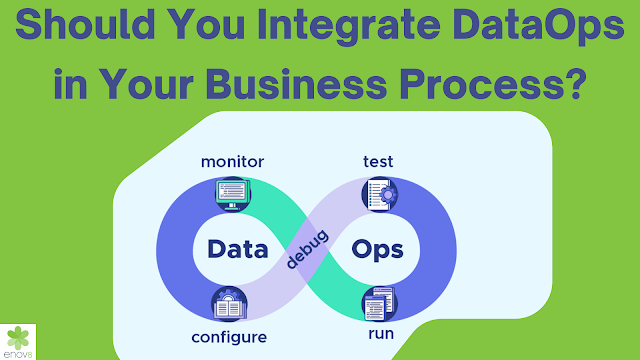Should You Integrate DataOps in Your Business Process?
The Challenge With Data Management
In the realm of IT, many different types of data need to be managed- from operational data (like user logs and system metrics) to transactional data (like payment records).
But as you can imagine, data is a complicated thing to work with: it's often distributed across multiple systems; it has to be processed in real-time; it's constantly changing in size and scope—and that's to name a few examples!
If you have too much information floating around in your organization, you'll have trouble finding patterns and making sense of it all. That's when data gets confusing; it's not just hard to keep track of but also hard for analysts to work with because they don't understand what data means or where it came from in the first place.
This is where DataOps comes in. DataOps is a discipline within IT that focuses on making sure that all your data is being used effectively and efficiently.
DataOps allows organizations to take advantage of advanced analytics tools while maintaining an organized approach when handling large volumes of various types of data across multiple systems within their organization's infrastructure.
What is DataOps?
When it comes to test data management (TDM) in the release management implementation plan, DataOps has emerged as one of the most prevalent trends in recent years.
This is because it streamlines processes and improves quality in a number of ways.
DataOps can be accomplished through various tools and systems, including analytics tools, developer tools, and even human resources.
Benefits Of DataOps
It's a way for developers, QA engineers, and operations professionals to work together in a single team and create an organization-wide culture of continuous improvement.
With DataOps, you'll be able to:
Focus on what really matters: delivering value to your customers every time you release new code.
Reduce errors in your release management processes by automating as much manual work as possible.
Increase transparency by keeping everyone informed about how their work impacts the product and its users.
Get more time to focus on business goals and strategies.
Make faster decisions by saving time on manual processes.
Identify and spot trends and patterns that would have been missed by manual review of data if done alone.
Use data for marketing purposes as well as for technical innovations.




Comments
Post a Comment